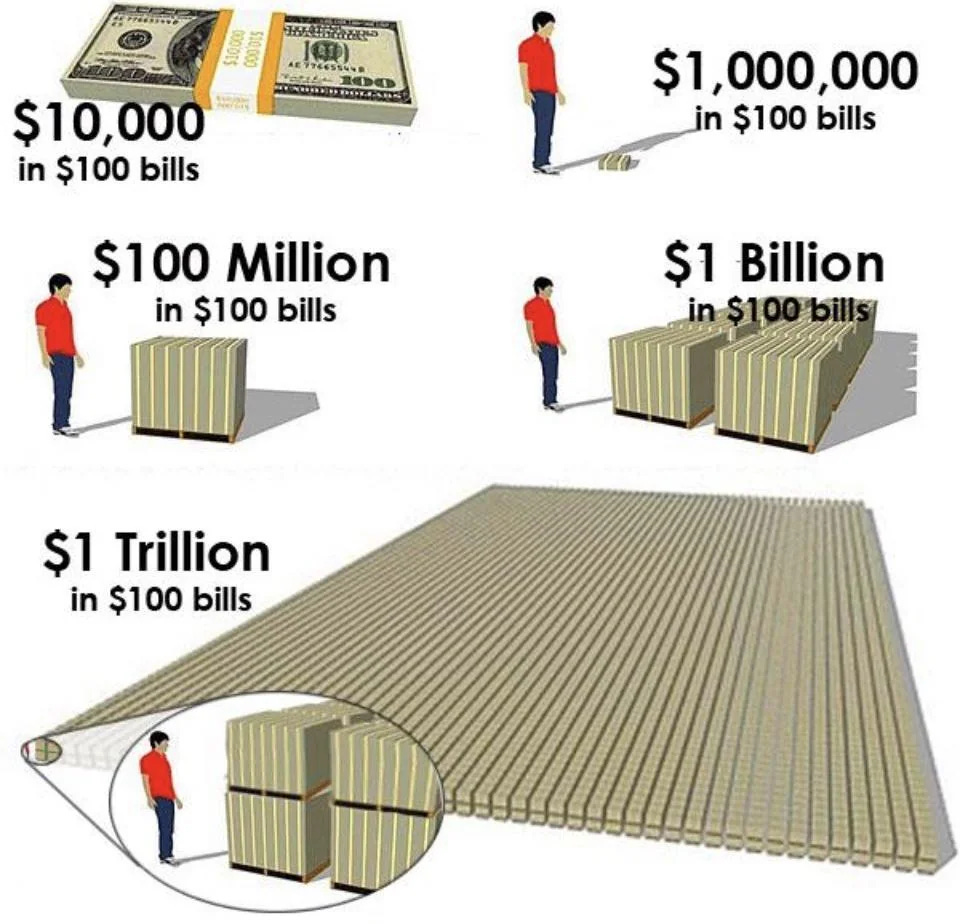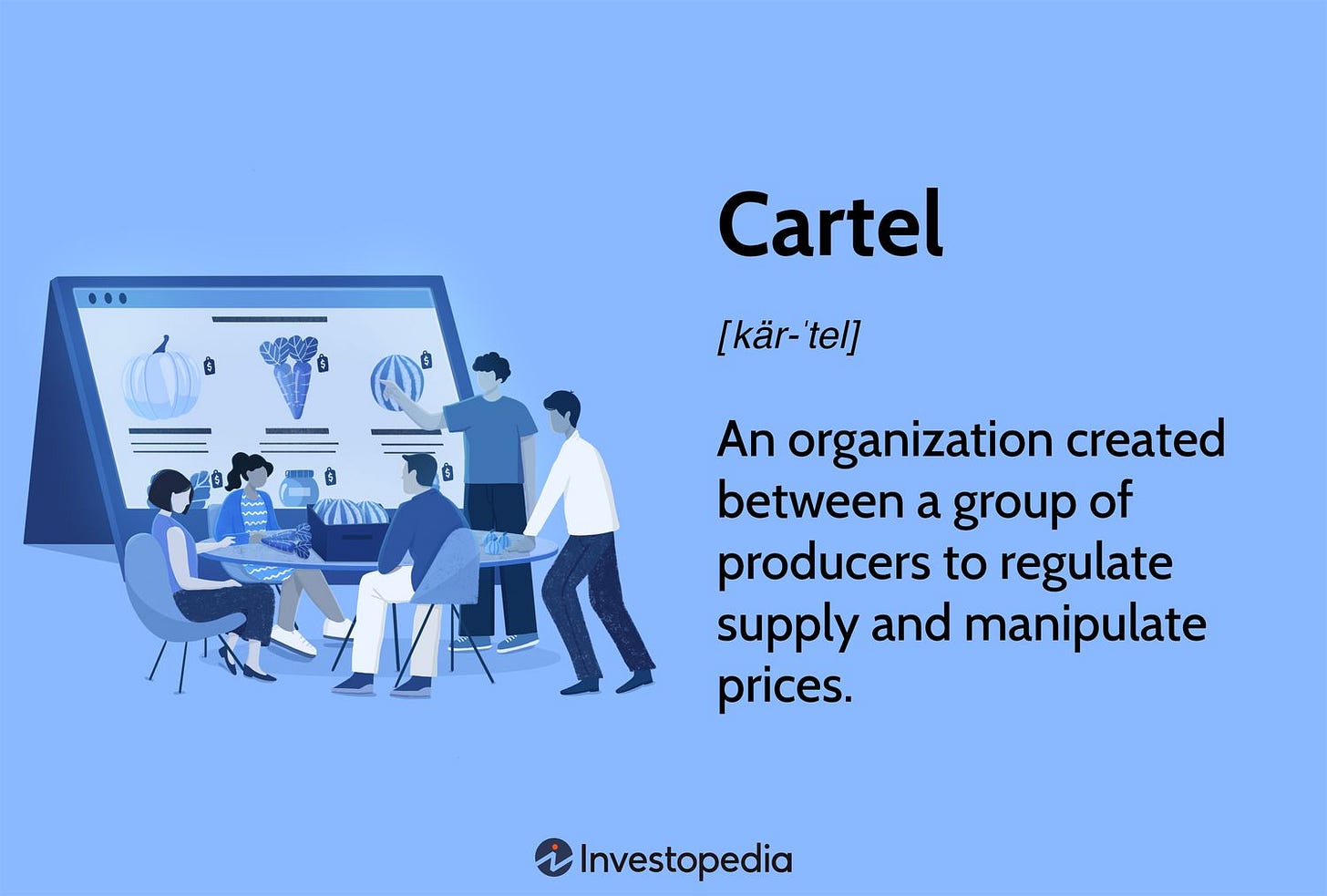The Canary in the Coal Mine
Why West Virginia’s past and present hold a warning—and a blueprint—for America’s future.
There’s a cigarette burn in the roof of my truck. I noticed it for the first time as Bernie Sanders climbed into the passenger side. Hard to tell how it got there. Probably another passenger.
When the big picture feels overwhelming, the small details stick. The burn fades from mind, and reality floods back in. I’m driving Bernie Sanders through coal country on another stop of his Fighting Oligarchy tour.
Thank you to Josh Hirschfeld-Kroen (Editor), Braiden Maddox and Clara Haizlett (Cinematographers), Meg Herschlein and Chai Dingari (Supervising Producers), and the entire team at More Perfect Union.
This isn’t Bernie’s first trip to West Virginia, or the state’s first clash with oligarchy.
In 2016, he swept all 55 counties in the Democratic primary, just as Trump did in the general. After Clinton dispatched him and then lost to Trump, Sanders returned to the coalfields in 2017, drawing renewed interest for his connection to working people.
Now, he buckles up beside me and politely declines snacks. At 84, Bernie is here to test whether his message still resonates, and whether the ember of class rage that once fueled West Virginia’s labor wars still burns. With the past behind us and the future uncertain, we set out for Bloody Mingo County to find out.
It’s a time of crisis, both immediate and structural.
Under Donald Trump, the U.S. military occupies major cities. Judges are arrested. Court orders ignored. Extrajudicial killings abroad serve as a pretext for war. Checks and balances are reduced to empty words. A bipartisan, two-year genocide streams on our screens 24/7. Political assassinations. The list goes on.
But beneath all of it is a deeper, bipartisan crisis: an economic system—capitalism—that eats itself. And it is absolutely chowing down right now.
Work, consume, repeat. Try not to let the dumpster fire swallow you whole. Billionaires hoard fortunes beyond comprehension. Republicans want more of that. Democrats long for the “normal” that produced Trump, his minions, and for-profit healthcare. Since 1975, $79 trillion has been transferred from workers to elites. The headlines forecast what’s next: “Elon Musk, World’s First Trillionaire.”
And what about it trickling down?
America has a cartel problem. Not the kind we’re taught to fear, but the corporate kind. Six companies control 90% of U.S. media. Three firms—BlackRock, Vanguard, and State Street—are the top investors in every single S&P 500 company. Tech giants, landlords, and pharmaceutical companies dominate daily life like cartels. Everything you touch, the particles in the air you breathe, is tied to them in some way. And they control politics, too. It’s oligarchy, folks. Big time.
West Virginia has known oligarchy since its founding in 1863. Trillions in coal, timber, and gas have been pulled from its hills by its people, yet it remains among the poorest states. Where did the money go?
In 1921, it hit the fan at the Battle of Blair Mountain, still the largest labor uprising in U.S. history. Ten thousand striking miners of all races wore red bandanas around their necks as they fought and died for respect and a voice. They clashed with 3,000 company-backed forces: deputies, strikebreakers, law enforcement, and eventually 27,000 federal troops.
The miners lost the battle. The setback was devastating. But their struggle became the foundation for the New Deal and the closest thing this country has had to shared prosperity (though mostly for whites).
Though West Virginia appears firmly red today, it was strongly blue for around 80 years. That ember of class solidarity from the mine wars, strong enough to sustain the New Deal coalition, is baked into the state’s DNA.
Fund The Media You Want To See
No ads. No paywalls. No grants. No big money. No outside influence. Just you, supporting the homegrown media you want to see.
And because of that, we’re allowed to say that 400 of the richest people in history are running humanity into the ground to preserve levels of private wealth that make the United States defense budget look like a piss ant. Try saying that on CNN.
Become an independent media sustainer today for $5/mo ($60/yr)
Bernie came here to see if it can burn again. He’s spent fifty years fighting the class war and side-stepping the culture war. Both he and Trump swept the state in different elections. That strange yin-yang reveals West Virginia’s contradictions: populist rage at elites, channeled in opposite directions.
Now, slumping in my passenger seat, Bernie heads once again into Trump country. He’s drawing crowds with a simple message: it doesn’t have to be this way. Trillions have been stolen, but people can still decide they want nice things: healthcare, wages that support families, a livable future. If one man can hoard a trillion dollars, is it any less absurd to demand that everyone have enough?
We live in an era of shattered myths. Checks and balances. The American Dream. Government for the people. They may have been illusions all along, just enough to keep us politely going to work. Now elites loot in the open, convinced they’ve secured too much power for us to fight back. But history rhymes: the miners lost at Blair Mountain, then won the war a decade later with the New Deal.
People here are angry. You’ll hear it in this video: Alicia’s mom gone to pills, a young mother crying in the grocery aisle, Kristen buying $300 worth of shoes made in sweatshops for the kids. That anger could go sideways at scapegoats, or upward at those with real power. Bernie’s visit begs the question: Can we get it right before it’s much worse?
As bleak as politics can feel right now, I know we can. That gives me hope. Smaller, poorer countries do better by their people all the time. Some have as many guns as we do, but nowhere near our gun deaths. Why? Maybe because they’ve reigned in the greed and brutal edges of a society that drives people to fear and desperation. Nothing stops us from doing the same—except the will to do it, to get angry at the right villains, and to demand a society with nice things for everyone.
Elections might look different if more leaders carried Bernie’s torch instead of parroting Chuck Schumer’s hollow centrism. People don’t resonate with visionless platitudes. They respond to class politics. They always have.
In Bernie’s brief visit, the lone lion still carrying the banner of class politics, I caught a glimpse of what a new labor movement might look like. The raw materials are lying right here from the last time people rose up against all odds.
Where we go from here is up to us.
Like this? Support it, please!
This newsletter stays free because it should be. That only works if a few brave souls chip in $5/month to keep it going.
Become a sustainer for $5/mo ($60/yr)
Leave a comment
How has this political moment changed you? (or comment anything else on your mind)




Hey John Russell. Great story telling grounded in solid history. Thanks for doing your homework. Keep it coming!
“Elections might look different if more leaders carried Bernie’s torch instead of parroting Chuck Schumer’s hollow centrism. People don’t resonate with visionless platitudes. They respond to class politics. They always have.” This is what concerns me about Rob Sands’ campaign for governor - trying to please everyone and not pleasing anyone. Maybe Iowa can’t handle it any other way.